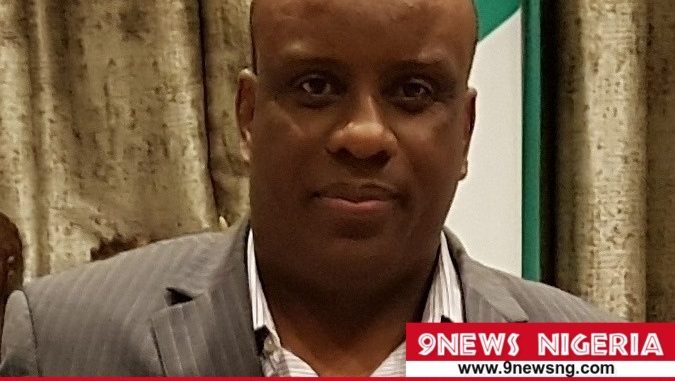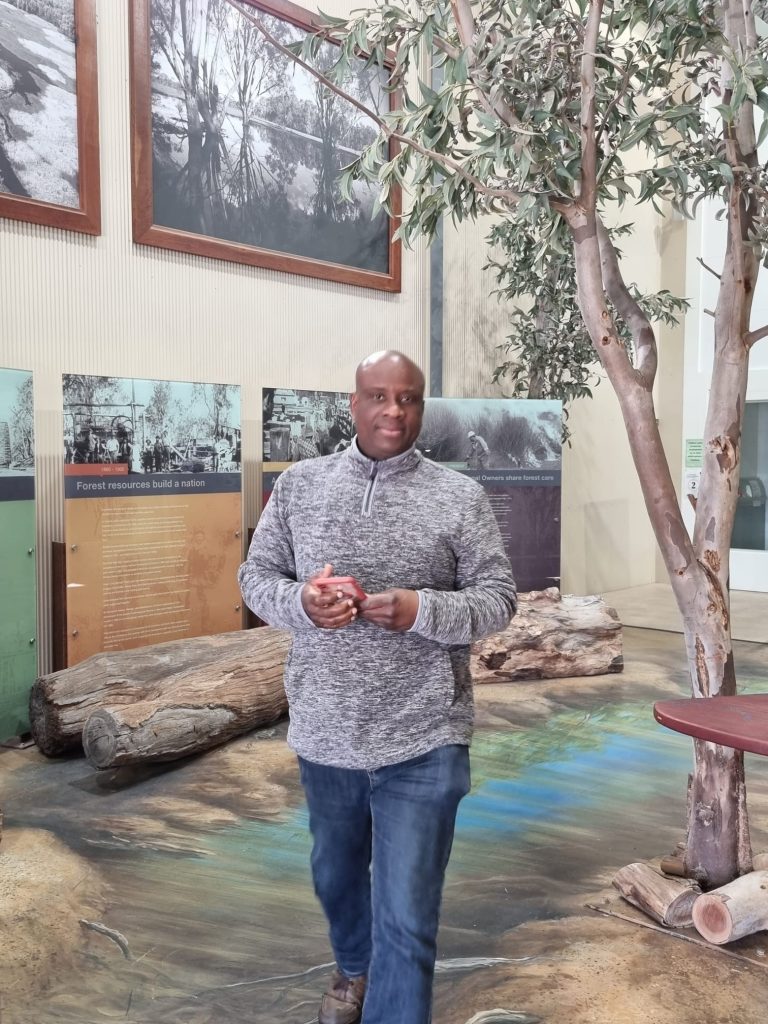
By Obinna Ejianya (9News Nigeria – Melbourne, Australia)
## Introduction: The role of media in guarding Nigerian democracy
In a democratic society, the media plays a crucial role in safeguarding the interests of the public. In Nigeria, the media has been instrumental in monitoring government policies and ensuring transparency, thus contributing to the growth of democracy. This article explores the importance of transparency in governance, the role of the media in monitoring government policies, the challenges faced by the Nigerian media, case studies of the media’s impact on government policies, the significance of investigative journalism, the future of the media in Nigeria, and ways individuals can support the media’s role in monitoring government policies.
The importance of transparency in governance
Transparency is the cornerstone of a functioning democracy. It ensures that government actions and policies are open to public scrutiny, fostering accountability and trust.
When government policies are shrouded in secrecy, corruption and partisanship thrive. Transparency allows citizens to understand how decisions are made, how public resources are allocated, and whether government actions align with the interests of the people. By demanding transparency, the media acts as a watchdog, ensuring that the government remains accountable to the public.
The role of the media in monitoring government policies and ensuring transparency
The Nigerian media plays a vital role in monitoring government policies and ensuring transparency. Through investigative journalism, news outlets uncover hidden agendas, expose corruption, and hold politicians accountable. By reporting on government activities, policies, and decisions, the media provides citizens with the information they need to make informed choices and actively participate in the democratic process. Journalists act as intermediaries between the government and the public, bridging the gap and facilitating dialogue. Their role is not only to inform but also to advocate, analyze and provide critical perspectives on government policies.
The Nigerian media landscape
The Nigerian media landscape is diverse and vibrant, comprising various print, broadcast, and online outlets. From national newspapers to community radio stations, there is a wide range of sources through which citizens can access information. Additionally, social media platforms have gained significant popularity, allowing for real-time dissemination of news and fostering citizen engagement. However, while the Nigerian media has made significant strides in recent years, it still faces several challenges that hinder its ability to effectively monitor government policies.
Challenges faced by the Nigerian media in monitoring government policies
The Nigerian media confronts numerous obstacles in its quest for transparency and accountability. One major challenge is the threat to journalists’ safety and freedom of expression. Journalists who expose corruption and criticize government policies are often subjected to harassment, intimidation, and sometimes violence.
Another significant challenge is the issue of money-politics and media buying by politicians and those in authority. Many politicians and government authorities use their financial resources to influence media coverage, leading to biased reporting and the suppression of critical information. This undermines the media’s role as an impartial observer and protector of democracy. Additionally, journalists often face threats, intimidation, and physical violence when reporting on sensitive issues. This culture of impunity poses a severe threat to press freedom and hinders the media’s ability to hold the government accountable.
Additionally, media organizations face financial constraints, limiting their ability to invest in investigative journalism. Furthermore, there is a lack of access to information as government officials often withhold vital data or provide selective disclosures. These challenges restrict the media’s ability to fulfil its role as a watchdog.
Case studies of the media’s impact on government policies in Nigeria
Despite the challenges, the Nigerian media has had significant impacts on government policies through its rigorous reporting and investigative journalism. One notable case is the exposure of corruption in the fuel subsidy system. Journalists uncovered a massive fraud scheme in which billions of dollars were embezzled through fraudulent fuel subsidy claims. The media’s relentless coverage resulted in public outrage, leading to investigations, prosecutions, and reforms in the subsidy system. Another case is the media’s role in exposing electoral malpractices, which led to the nullification of elections and the strengthening of democratic institutions.
Two notable case studies demonstrate the media’s impact on government policies in Nigeria: the EndSARS protest and the 2023 Presidential Election Malpractices. The EndSARS protest, sparked by police brutality, gained widespread attention through social media and traditional media coverage. The media played a crucial role in amplifying the voices of the protesters, exposing police misconduct, and demanding accountability from the government.
Similarly, during the 2023 Presidential Election, media outlets exposed malpractices, voter intimidation, and electoral fraud. This led to public outcry and calls for electoral reforms, ultimately resulting in positive changes.
The role of investigative journalism in promoting transparency and accountability
Investigative journalism plays a crucial role in promoting transparency and accountability. By delving deep into complex issues and uncovering hidden truths, investigative journalists shed light on government policies and actions that would otherwise remain in the shadows. Through in-depth research, interviews, and data analysis, investigative journalists provide the public with comprehensive and well-documented reports, empowering citizens to demand transparency and accountability from their government. The media’s commitment to investigative journalism is essential for a healthy democracy.
The future of the media in Nigeria and its impact on democracy
The future of the media in Nigeria holds both challenges and opportunities. With the rise of digital platforms and social media, the media landscape is evolving rapidly. While this presents new avenues for information dissemination and citizen engagement, it also brings challenges such as the spread of misinformation and the need for media literacy. To ensure the media’s continued impact on democracy, it is crucial to address these challenges while upholding the principles of freedom of the press and protecting journalists’ safety. The media must adapt, innovate, and maintain its commitment to truth and accountability.
Ways individuals can support the media’s role in monitoring government policies
As individuals, we have a vital role to play in supporting the media’s role in monitoring government policies. Firstly, we can prioritize consuming news from credible and independent sources, avoiding the spread of misinformation. Secondly, we can actively engage with the media by participating in discussions, sharing important stories, and providing feedback. Thirdly, we can support media organizations financially by subscribing to newspapers or making donations to nonprofit news outlets. Lastly, we can champion policies that protect journalists’ safety, freedom of expression, and access to information.
Conclusion: The importance of a free and independent media in promoting transparency and democracy
A free and independent media is indispensable in promoting transparency and democracy in Nigeria. By monitoring government policies, investigating corruption, and holding those in power accountable, the media ensures that the public interest is safeguarded. However, the Nigerian media faces significant challenges that must be addressed to maintain its effectiveness. As citizens, we must actively support the media’s role by consuming credible news, engaging with media organizations, and advocating for policies that protect journalists. Together, we can strengthen transparency, foster accountability, and build a more democratic Nigeria that yields positive dividends for the citizenry.
Call To Action: Nigerians should support the Media in their pursuit of transparency and accountability. Stay informed, engage with credible news sources, and advocate for press freedom. Together, we can promote a stronger democracy for all.
By Obinna Ejianya (9News Nigeria – Melbourne, Australia)

#9NewsNigeria #media #transparency #democracy #nigeria #government
